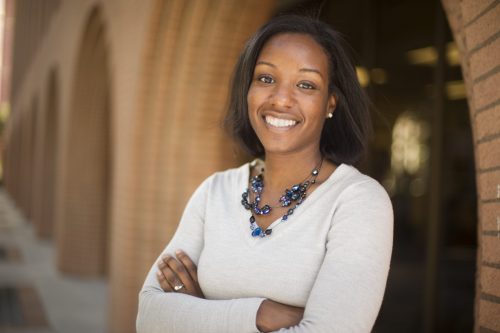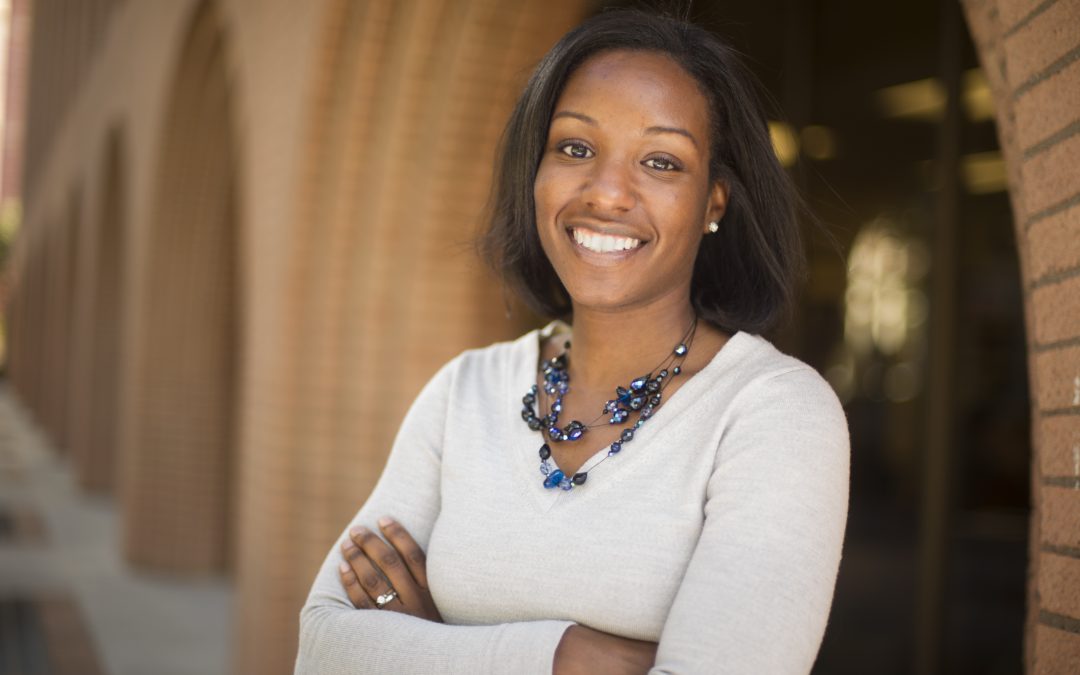
Speaker: Stacey Finley, Ph.D.
Affiliation: USC
*Please note that all seminars will be hosted on Zoom: https://ucla.zoom.us/j/97216069429
“Control and optimization of Natural Killer Cell activation using mathematical models”
Natural killer (NK) cells are part of the innate immune system and are capable of killing diseased cells. As a result, NK cells are being used for adoptive cell therapies for cancer patients. The activation of NK cell stimulatory receptors leads to a cascade of intracellular phosphorylation reactions, which activates key signaling species that facilitate the secretion of cytolytic molecules required for cell killing. Strategies that maximize the activation of such intracellular species can increase the likelihood of NK cell killing upon contact with a cancer cell and thereby improve efficacy of NK cell-based therapies. However, NK cell exhaustion, a phenotype characterized by reduced effector functionality, can limit the NK cell’s capacity for cell lysis. Due to the complexity of intracellular signaling, it is difficult to deduce a priori which strategies can enhance species activation.
To aid in the development of strategies to enhance NK cell activation and limit the NK cell exhaustion, we constructed a mechanistic model of the signaling pathways activated by stimulatory receptors in NK cells. We then extended the model to describe the dynamics of the cytolytic molecules granzyme B (GZMB) and perforin-1 (PRF1). We implemented an information-theoretic approach to perform a global sensitivity analysis and optimal control theory to investigate strategies to enhance intracellular signaling and maximize GZMB and PRF1 secretion. We recently expanded the modeling to investigate the role of NK cell heterogeneity on tumor cell killing. In total, we developed a theoretical framework that provides actionable insight into engineering robust NK cells for clinical applications.
Biography:
Dr. Stacey D. Finley is the Gordon S. Marshall Early Career Chair and Associate Professor of Biomedical Engineering at the University of Southern California. Dr. Finley is also the Founder and Director of the Center for Computational Modeling of Cancer at USC. Dr. Finley received her B.S. in Chemical Engineering from Florida A & M University and obtained her Ph.D. in Chemical Engineering from Northwestern University. She completed postdoctoral training at Johns Hopkins University in the Department of Biomedical Engineering. Dr. Finley joined the faculty at USC in 2013, and she leads the Computational Systems Biology Laboratory. Dr. Finley has joint appointments in the Department of Chemical Engineering and Materials Science and the Department of Quantitative and Computational Biology, and she is a member of the USC Norris Comprehensive Cancer Center. Dr. Finley is also a standing member of the MABS Study Section at NIH. Her research is supported by grants from NSF, NIH, and the American Cancer Society.
Dr. Finley has established an innovative research program in systems biology – her research group uses multiscale computational models to answer unresolved questions about the way cells behave and identify new ways to control cell behavior. Dr. Finley has made significant contributions in studying signaling that promotes angiogenesis, metabolic pathways that cells use to proliferate, and modeling immune cell activation for cancer immunotherapy.
Selected honors. 2016 NSF Faculty Early CAREER Award; 2016 Young Innovator by the Cellular and Molecular Bioengineering journal; Leah Edelstein-Keshet Prize from the Society of Mathematical Biology; Junior Research Award from the USC Viterbi School of Engineering; the Hanna Reisler Mentorship Award; 2018 AACR NextGen Star; 2018 Orange County Engineering Council Outstanding Young Engineer; 2021 Elected Fellow of American Institute for Biological and Medical Engineering
Date/Time:
Date(s) - May 27, 2021
12:00 pm - 1:00 pm
Location:

